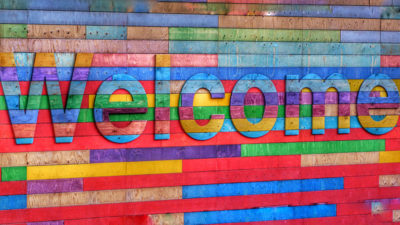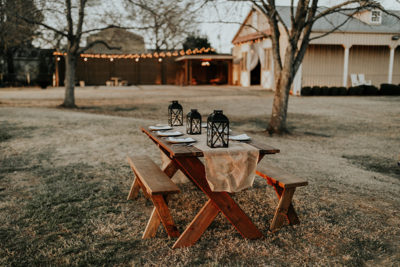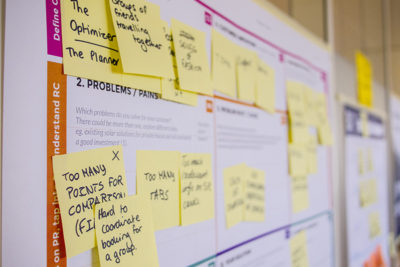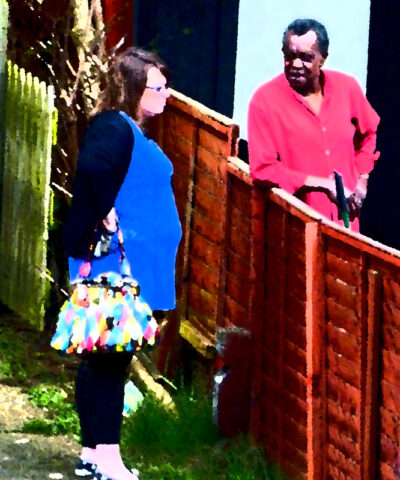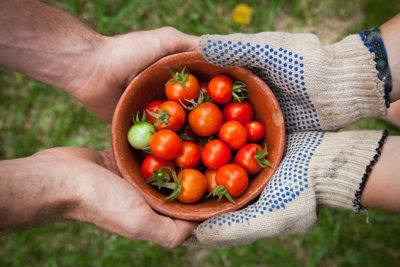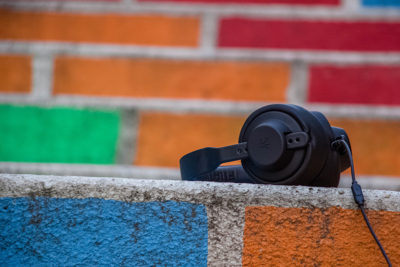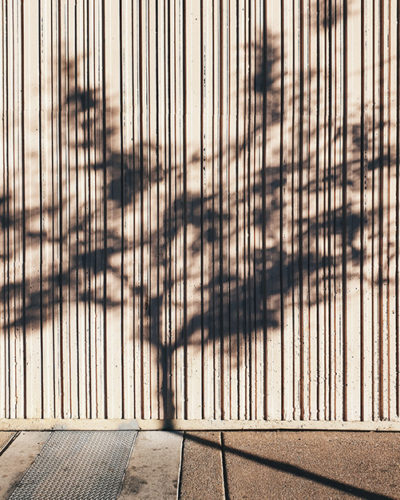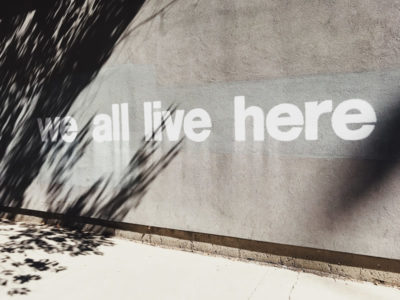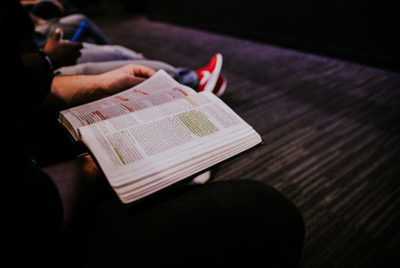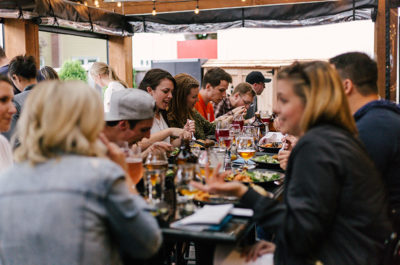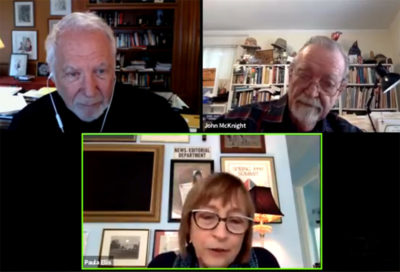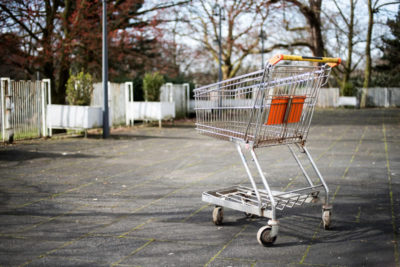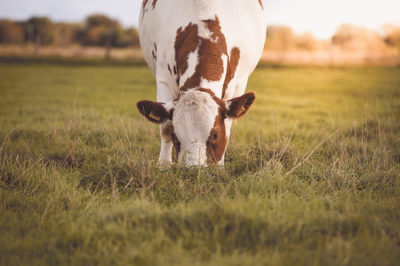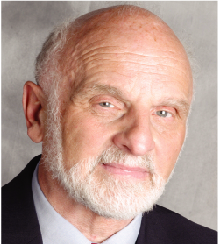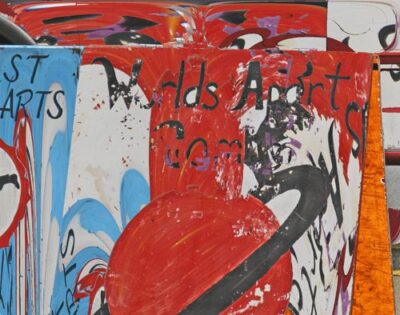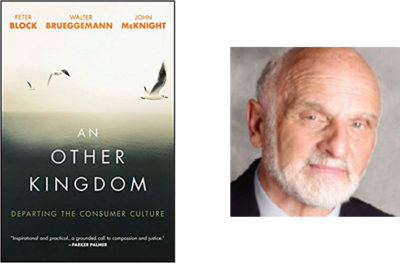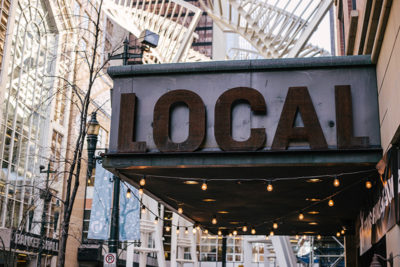Jubilee is very simple.
Embracing Deviance
The Affinity Dilemma
The Dilemma of Meetings
The Problem With Problems
Intentional Neighborhoods in Co-Housing
Building Wealth for All through Dividend Housing
Time Banks Providing an Alternative Economy
High School Student and Peter Block Discuss Life
Consumerism and Jubilee
Organizing Residents to Solve an Impossible Challenge
Bringing Forth Jubilee in 2019
Faith and Church with No Bricks and Mortar: Conversation with Father Joseph Kovitch
Since their book The Abundant Community came out, John McKnight and Peter Block have sought out those social innovators who are bringing alive the ideas about how neighbors and local institutions can come together to create care, kindness, and welcome. One of those innovators is Father Joseph Kovitch. Peter and John talked with him in June of 2018. They are still in touch with him and what he describes here is still vibrant today.
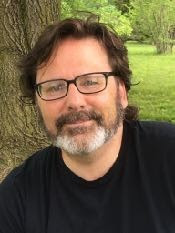
Father Joe was a priest of Saint Matthew’s Episcopal Community in Westerville, Ohio, who worshiped in an Irish pub and is currently on a university campus; they are also serving out of a community house nearby. He has been ordained for 30 years and has served in many ministries and missional environments, some of which include serving as leader of a large traditional congregation, leading a redevelopment merger of three congregations into a new mission, and, at this moment, serving as Diocesan Missioner for New Episcopal Communities in the Episcopal Diocese of Southern Ohio. Here is the conversation we had in 2018.
Listen to the Full Conversation:
The Parish in the Neighborhood
When we look at the Parish as a microcosm of all life’s dimensions, the conversation changes from traditional clergy talk of “butts, budgets and buildings,” to: What is God up to in our places, and how do we join in with that? Listen to Paul Sparks, Co-founding Director of the Parish Collective, discuss with Peter Block and John McKnight in this conversation:
Living Abundantly in an Age of Scarcity
Changing the Narrative for Community Leadership
Unfair Advantage Stacy Mitchell on How Amazon Undermines Local Economies
We Don’t Need Butter, We Need the CowOr, Why Universal Basic Income is Not the Solution We Think It Is
Podcast: An Alternative Economy Today
Economist Mark Anielski welcomes Peter Block onto his podcast to discuss initiatives that are looking to overcome the economics of isolation to create an alternative economy. From the Old Testament story of the end of slavery to the reconstruction of land after the Civil War in the U.S., Peter and Mark reflect on lessons from the past and how they are relevant now. In Cincinnati, the Economics of Compassion Initiative and Jubilee projects are showing what can be done today to shift the narrative and start living into a neighborly or indigenous economy. Listen:
Restorative Practices for Turbulent Times
What can happen when we move justice out of the law system and into neighborhoods and communities? Restorative practices are being put into action beyond justice systems into schools and institutions, changing the conversation from fault and punishment to looking at who has been harmed, how they were harmed and whose obligation it is to repair that harm. In this conversation, community and organizational psychologist Thom Allena shares insight and experiences from his work with restorative justice. Listen:
Powerful Possibilities of Being Small
From an Extractive to Neighborly Economy
Walter Brueggemann shares insight on today’s economy of extraction, a modern version of Pharaoh’s economy. The extractive economy is abnormal and the enemy of God’s intention for our neighborhood and our common humanness. Brueggemann describes to participants at the Conspire Gathering how when people left Pharaoh into the wilderness life supports were given. Listen:
Departing the Consumer Culture
Another Other Kingdom
John McKnight: Building Neighborhood Assets
Many know John McKnight’s work on creating abundant communities and focusing on gifts. In this podcast with Mark Anielski, McKnight shares about what sparked his interest in researching assets instead of deficits. McKnight shares the three questions they urge local citizens to ask. It begins with what you have rather than what you need. Anielski, an economist and author, also shares about his well-being survey work and how financial success doesn’t equate higher levels of happiness. Listen:
Rethinking Racism
In January 1865, a revolutionary Special Order 15 known commonly as reconstruction or “40 acres and a mule” was a promise given to former slaves to receive 400,000 acres of free tillable land along the southern east U.S. coastline that would be governed by the black people themselves.
But the policy was overturned that fall by President Andrew Johnson, Lincoln’s successor. The idea behind Special Order 15 shows America understood reparations. During a “Rethinking Racism” gathering in Cincinnati Rev. Damon Lynch III shares his goal to build strong, healthy, black communities and the four things that are needed to make that happen.
Read the handout: The Truth Behind ’40 Acres and a Mule’
Listen here





